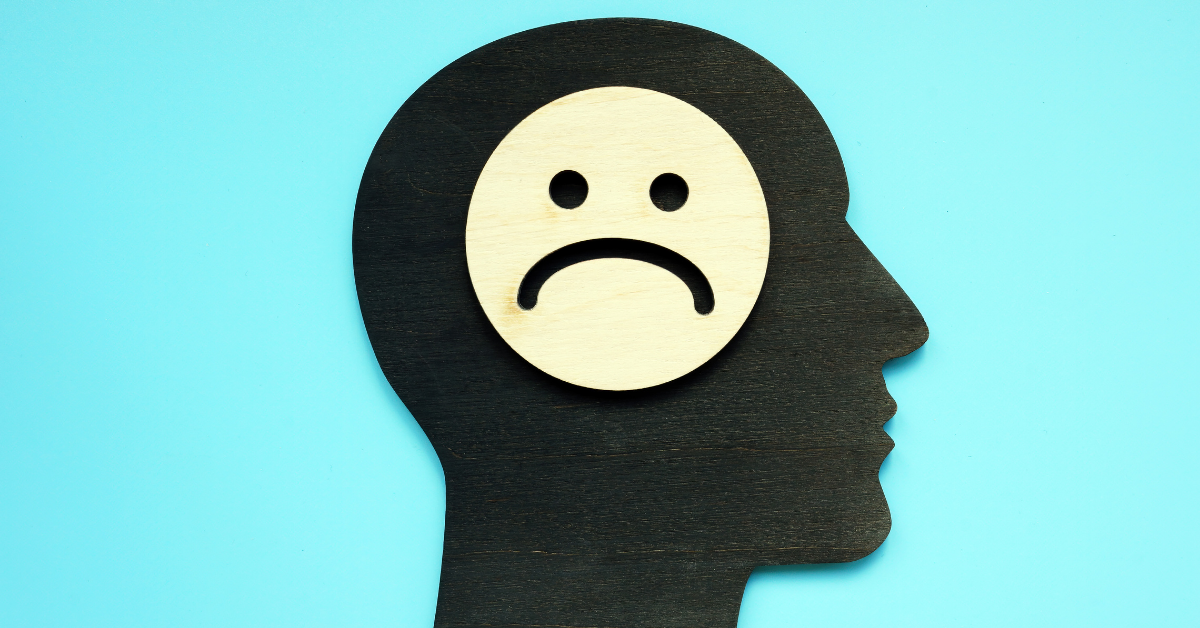
Stop Rumination!
Rumination: It is mental occupation with negative content. In psychiatry, rumination is known as mental rumination: It is the repetitive and rigid repetition of negative thoughts in the mind without change. “These events always find me, why did they do this to me, what did I do to deserve this,” pondering over the cause of the event, the occurrence of the event coming to mind many times, self-blaming thoughts about the event are examples of ruminative thoughts. As a result of the ruminative way of thinking, people’s thoughts go into a negative mood and they say, why did it take so long for them to be in this negative mood, and they don’t try any way to find a solution and enlarge the process in their eyes. This situation causes them to feel hopeless and helpless about the future, and these are the underlying conditions of Depression. Instead of looking at the event from a different perspective, evaluating and producing solutions, people constantly focus on negative thoughts and turn the same event in their minds.
Rumination takes the person away from anything that encourages them to do nothing, to solve the problem.
In the minds of individuals who have excessive thinking problems, the causes, consequences, and effects of the upsetting events that harm them are constantly revolving, and instead of producing a solution for this situation, the person continues to do nothing – inactivity in thought. Rumination is not a necessity to take action and take responsibility, but to give up. Thinking over and over again about the possible cause and effect of the situation, without taking action to solve the problems by dwelling on the past, turns into a disorder and reduces the quality of life of the person.
With ruminative thinking, the person becomes so preoccupied with the problem that he cannot use his healthy problem-solving abilities. This is quite stressful. Rumination is mostly done by Depression patients, Anxiety Disorder and Obsessive Compulsive Disorder patients. This negative thinking strategy of the patients causes the severity of the symptoms to increase and the disorder to become chronic because this thinking strategy; It causes people to over-generalize the negative events they have experienced, to see the situation they are in more negatively than they are, and to be more pessimistic. Rumination prevents the correct evaluation of events because the person has focused his point of view on the part he has fixed so that he cannot see any result from the event other than what he thinks. When ruminative people evaluate their lives, they bring negative memories to their minds more frequently, think that the majority of their lives are filled with negative events, and they use pessimistic and distorted interpretations such as underestimating their successes and generalizing their mistakes.
So How Can We Cope With Rumination?
Recognize your wrong thinking habits and focus and “become aware” when negative thoughts come to life in your mind. When you notice, you can change the content of the thought and change the focus. Additionally, review the values you attribute to events. Recognize and avoid situations that trigger negative thoughts. For example, if a sad song makes you ruminate, listen to upbeat songs.
Of course, other than that: Problem solving skills should be learned, the focus of thought should be changed, we should be able to look at the event from different angles and make positive inferences. It should be accepted that no situation related to the event or thought will remain the same, the effects of the problem should be minimized, and most importantly, one should learn to “stay in the moment”. They should receive social support and be as physically active as possible.
If the person cannot do these things or if unhappiness continues despite thinking that he has done them, then he is stuck in these steps or the underlying basic belief is that cognitive errors should be intervened.
Posted by:
Psk. Pelin KAYMAN















